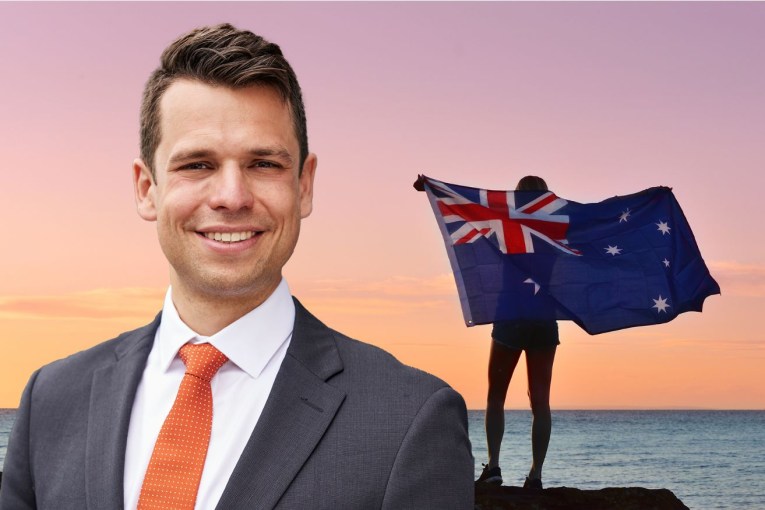‘Ms Hanson, my autistic son is not a liability’

The possibility that her son would be ostracised from his mainstream classroom is unthinkable for mother Jo Roberts. Photo: Getty
On Wednesday night, not just angry but apoplectic, and through a blur of tears, I launched my counter-attack on Senator Pauline Hanson. I didn’t have the floor of the Senate, but I did have Facebook.
Yes, I’m another parent of a child with an autism spectrum disorder (ASD). I’m normally too busy enjoying the dazzling company of my 11-year-old son to go on the warpath, but that’s what I spent much of Wednesday night doing; telling anyone who would listen that my son, and thousands like him in Australia not only matter, but are not liabilities.
Senator Hanson’s call for children with disabilities and autism to be put into classrooms where they couldn’t ‘hold back’ the kids of her worried constituents was not only more of her ‘us and them’ rhetoric, and so far removed from evidence or common sense that they were laughable, but they were heartbreaking to myself and insulting to my son.
Senator Hanson also spoke of the importance of children learning competitiveness in schools, to better prepare them for adult life. Yet she clearly sees no need for them to also learn about diversity and empathy in preparation for the same.
School is more than teaching kids how to get a good job. It’s about teaching them how to be human beings and about those sometimes messy, unquantifiable emotions and skills that come with it, like empathy, understanding and conflict resolution.
It hasn’t been easy for my son – he can get frustrated and lash out, though it’s thankfully happening less as he gets older and learns more appropriate responses. It’s all part of having an ASD kid.
Actually, it’s all part of having a kid.
My son was incredulous that Senator Hanson thought he should be removed from his mainstream classroom. “But they’re my friends and they’re really nice,” he protested, looking quite hurt.
On the face of it, you would be hard-pressed to pick my son as autistic. He has always attended mainstream school, but we worked hard to prepare him for it once he was diagnosed with Asperger’s Syndrome at age four.

Pauline Hanson refused to apologise for raising the possibility that students on the autism spectrum could be removed from mainstream classrooms. Photo: AAP
He’s eloquent, has advanced reading and writing skills, an incredible imagination and is a gifted artist. But socially he can still struggle. He can be awkward without realising it. He still forgets that hugging strangers, or people at first meeting, isn’t always appropriate (though no one has complained yet – he gives excellent hugs).
In her follow-up press conference on Thursday afternoon (which offered no apology, just decrying of the “point-scoring” of politicians who had rightfully slammed her views, none more comprehensively than Labor backbencher Emma Husar), Senator Hanson read out a letter.
It was written by another boy with autism, in support of her call for segregation (let’s call it what it is). He detailed a school life of persecution and bullying, telling how his school had stuck him behind a bookshelf, where he could not “cause trouble”.
How tragic for this young boy that his school clearly didn’t have the knowledge base, skills or strategies to support him, and was therefore unable to lead their other pupils by example.
Now that Gonski 2 has been approved, Gonski can now advise the Turnbull government on how best the money can be spent. A terrific start will be to allocate funding to offer teachers in mainstream education further training in working with children with autism. From my experience, teachers are eager to learn more about this.
A term that has gained traction in recent years is ‘neurodiversity’. It’s an acknowledgement – indeed, a celebration – of people whose brains are simply wired differently, that are privy to insights and thought processes outside the box of mainstream thinking. It’s the neurodiverse people who are the problem solvers of the world; the innovators and inventors, the pioneers. It’s why companies in Silicon Valley are full of ASD people.
After I’d finished kvetching long and bitterly over social media, over the slight against my son and other children like him, my tears and anger were gone – replaced instead by empathy for Senator Hanson.
I felt sorry for her, that she had clearly not had the chance to enjoy the unique insights, humour or talents of children with ASD.
I get to see the world every day through my son’s eyes – and the view is spectacular.








